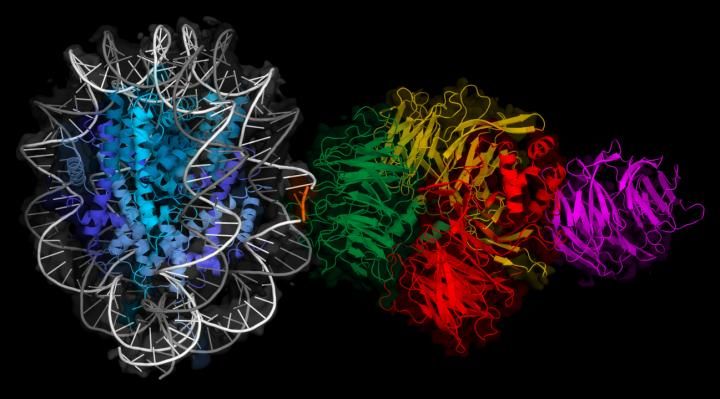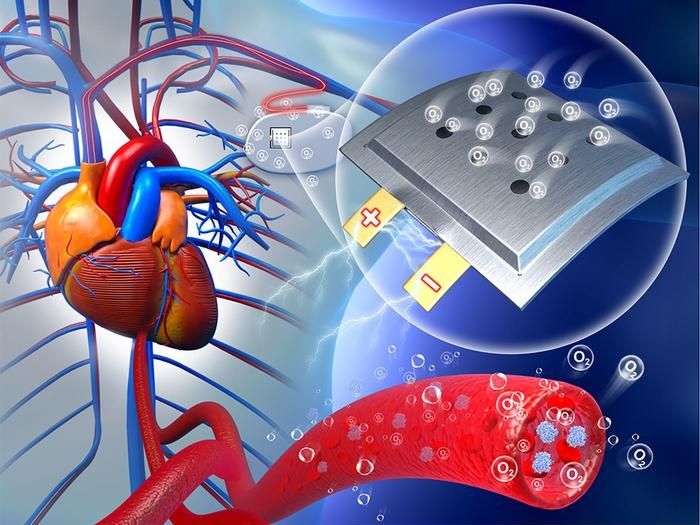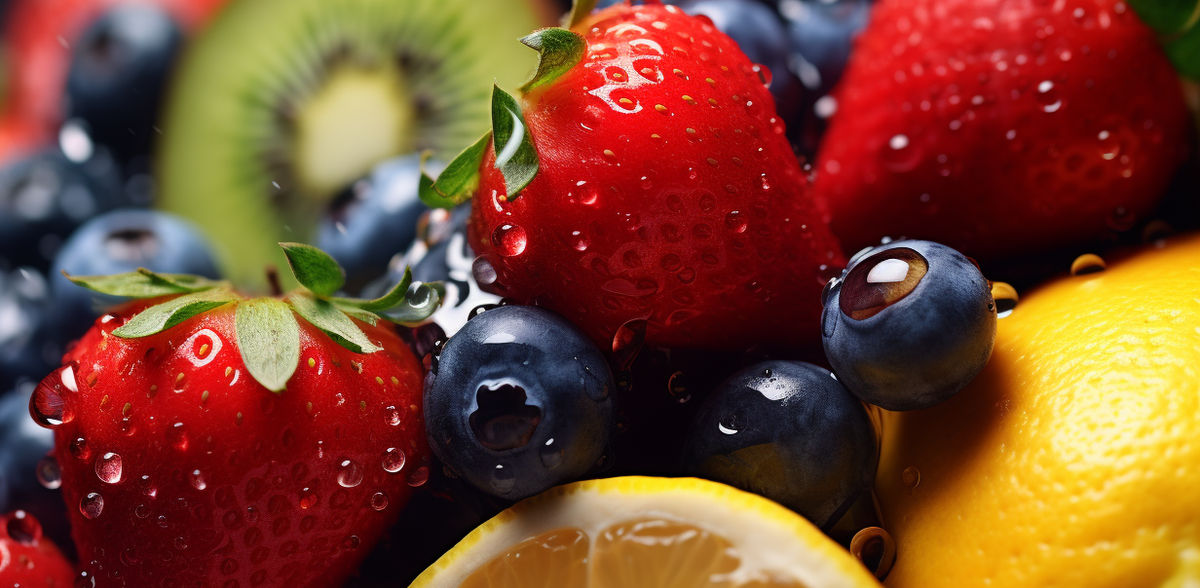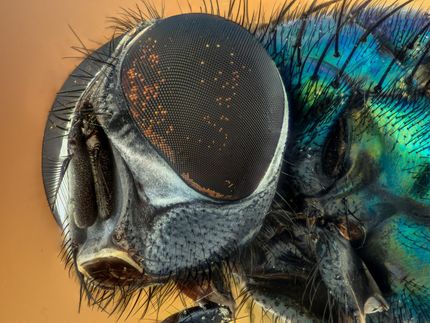How minimal genetic differences can turn healthy food into a deadly danger
You are what you eat - this old saying could take on a new dimension according to latest research results
Researchers at the Faculty of Biology at TUD Dresden University of Technology have investigated the interaction between genes and nutrition using the fruit fly as an example. Their results are surprising and show that, minimal genetic differences in the mitochondria can cause healthy food to be lethal and unhealthy food to be good. Accordingly, there is no such thing as optimal diet. The new findings could lay the foundation for personalised nutritional recommendations for humans and make a major contribution to public health.
You are what you eat - this old saying could take on a new dimension according to the latest research results from TUD Dresden University of Technology. Biologists led by visiting scientist Dr Adam Dobson (now University of Glasgow) and Prof. Klaus Reinhardt have used fruit flies to investigate how differences in nutrition affect the cooperation between the mitochondria and the chromosomes in cells and influence the insects’ health. "We already knew that mitochondria are not only the cell’s power plants, but something like the managers of the cell," explains Dr Adam Dobson, who led the project as part of his Dresden Fellowship at TUD. "But the fact that tiny genetic differences in the mitochondria decide whether ingested food is lethal or healthy was a great surprise to us".
The researchers further found that these mitochondrial effects occurred with only some, but not all, genetic variants of chromosomal DNA. "The differences were so strong that we had to acknowledge that for fruit flies there is no such thing as a healthy or optimal diet," adds Klaus Reinhardt. The team generated four mito-chromosomal variations in the flies and observed the health effects of different foods on these variations. In some cases, it was a matter of life and death. For one of the four variations used, feeding intrinsically essential amino acids was lethal, for the others it was perfect. For that combination, on the other hand, feeding a high concentration of plant fat was much less harmful than for the others.
"Fruit flies and humans not only share a preference for fruit in the warm summer months. We also share important genetic traits, such as mitochondrial genes. In our study, we used two food types, one with a high protein content and the other with a high fat content, which correspond to the common dietary choices of humans. Since the metabolic processes in the cells of humans and flies are very similar, we believe our results will provide important insights for humans." And Adam Dobson adds: "It seems that we first need to understand how mitochondria interact with chromosomal DNA in order to make recommendations for personalised diet as a next step".
The team measured reproduction and development as the two most significant health parameters in flies. This showed that the nutritional effects were also found in the offspring, even when the offspring had consumed other food. Here, in some cases, a single genetic change led to the difference between healthy or infected animals. "I am extremely pleased that my stay at the Dresden University of Technology and my work with the students here has led to such important results and that I can now carry some of the results forward from Glasgow in collaboration with the Dresden University of Technology," said Dobson when leaving TUD.
Original publication
Most read news
Original publication
Adam J. Dobson , Susanne Voigt, Luisa Kumpitsch, Lucas Langer, Emmely Voigt, Rita Ibrahim, Damian K. Dowling, Klaus Reinhardt. Mitonuclear interactions define both direct and parental effects of diet on fitness, and involve a SNP in mitoribosomal 16s rRNA. PLOS BIOLOGY. August 21, 2023
Organizations
Other news from the department science

Get the life science industry in your inbox
By submitting this form you agree that LUMITOS AG will send you the newsletter(s) selected above by email. Your data will not be passed on to third parties. Your data will be stored and processed in accordance with our data protection regulations. LUMITOS may contact you by email for the purpose of advertising or market and opinion surveys. You can revoke your consent at any time without giving reasons to LUMITOS AG, Ernst-Augustin-Str. 2, 12489 Berlin, Germany or by e-mail at revoke@lumitos.com with effect for the future. In addition, each email contains a link to unsubscribe from the corresponding newsletter.
Most read news
More news from our other portals
Last viewed contents
Alanine_transaminase

A new mechanism for accessing damaged DNA
'Sniffing' urine to detect prostate cancer could prevent unnecessary biopsies























































